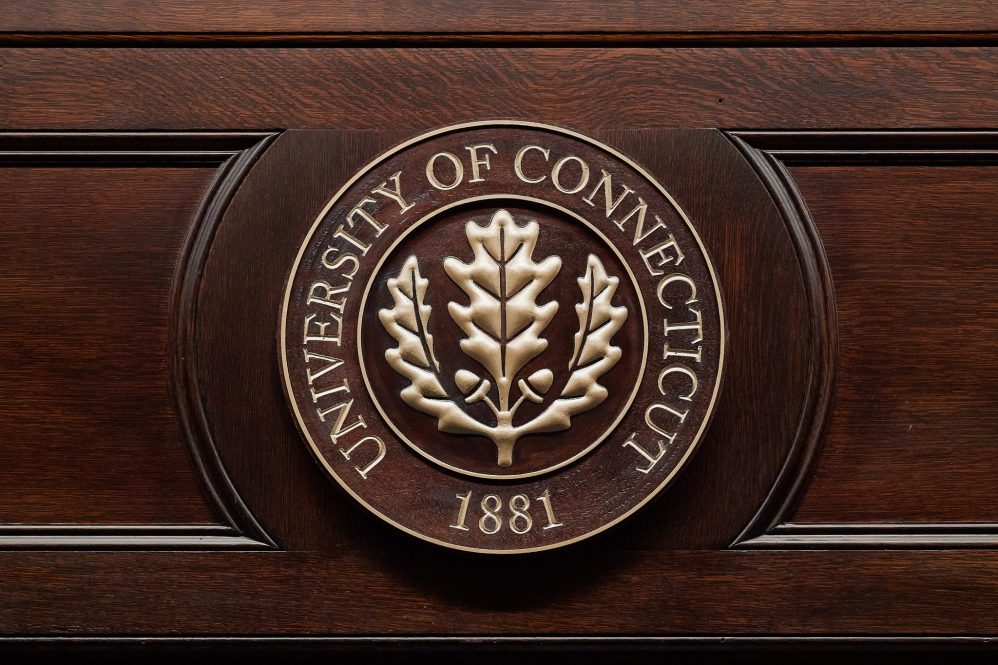UConn Research is challenging faculty to seek projects and collaborations addressing growing societal issues such as equity and inclusion. From across many schools, colleges, and disciplines, University professors are answering the call.
In the spring, the Office of the Vice President for Research (OVPR) launched its new JEDI Research initiative. While the name may conjure science fiction, it is an acronym for Justice, Equity, Diversity, and Inclusion and seeks to fund related projects supporting innovative research, scholarship, and creative work.
JEDI offers funding in three increment levels. Awards range from $5,000 to as much as $60,000.
“Through their work, we know that UConn’s brilliant faculty are already making a positive impact in areas related to justice, equity, diversity, and inclusion,” says Pamir Alpay, UConn’s interim Vice President for Research, Innovation, and Entrepreneurship. “We are very pleased to provide these funds to support and amplify their efforts to bring about much-needed change in these vitally important domains.”
The OVPR sought proposals on topics of interests related to the ideals of the initiative. They include contributing factors to the growth and persistence of racism and inequity, the intersection of race, gender, class, sexuality, or ability, and the impact of systemic racism or implicit bias on civic life. Other suggested ideas included development of research-based interventions designed to address or mitigate inequity and novel approaches to raising awareness of or reflection on issues.
The deadline for submissions closed in mid-August and the OVPR is delighted with the faculty’s response. Proposals came from throughout UConn and UConn Health, with 24 projects seeking funding representing seven schools and colleges and 17 individual programs.
Importantly, many of the proposals are bringing together researchers from different academic pursuits.
“We are thrilled by the representation we have seen in the submissions, which broadly bridge many of UConn’s schools, colleges, and academic programs,” says Michelle Williams, the OVPR’s Executive Director of Operations and Associate Vice President for Research. “JEDI is succeeding in encouraging research and seeking solutions to societal challenges, as well as encouraging interdisciplinary collaboration among our faculty.”
Funding the projects is a competitive process. The OVPR expects to approve up to five Level One awards of upwards of $5,000 for faculty and institutional development for JEDI-related initiatives. Two to three Level Two awards will be approved of up to $20,000 for scholarly or creative expansion, with interdisciplinary collaboration encouraged. This level is designed to support projects that will deepen UConn’s already significant capabilities in this area by adding to scholarly literature, developing new research collaborations, and preparing teams to seek external funding in the future.
The highest level of award – up to $60,000 – is reserved for research projects focused on identifying causes, measuring impacts, and developing interventions related to racism, bias, injustice, or inequity. The OVPR expects one or two projects to receive Level Three funding.
Matt Mroz, the OVPR’s internal funding programs and limited submissions coordinator, says reviews of submissions will begin in the next few weeks. Internal and external experts will evaluate each project and determine funding.
The OVPR will announce results by early December. Projects not selected for JEDI will be eligible for seed funding through the Research Excellence Program, which is accepting submissions until December 15.



